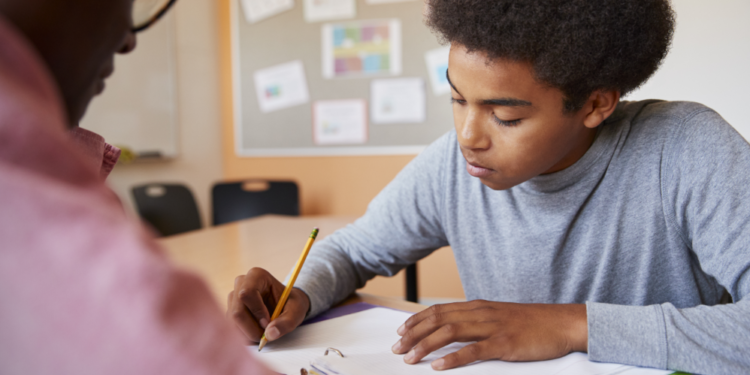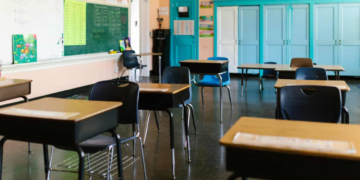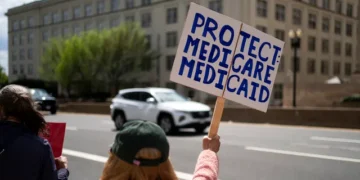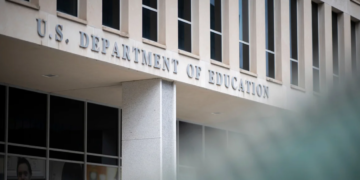Nov 17, 2024 Story by: Editor
Black students, like all their peers, bring a wealth of talents, cultural contributions, and joy to classrooms. They deserve unwavering support from educators and administrators who are committed to their success and recognize their potential. Yet, systemic inequities often hinder their academic and social progress. Issues such as underfunded schools, discriminatory discipline practices, limited access to counseling, and stereotypes about their abilities continue to create barriers.
Addressing Inequities Through Policy Changes
To ensure Black students thrive, policymakers and school leaders must adopt equitable policies like those outlined in IDRA’s newly updated A Policy Agenda to Support Black Students. These recommendations are adaptable at local, state, and national levels to create schools that are safe, inclusive, and supportive.
Safe and Welcoming Schools
Eliminate School-Based Police Officers: Research reveals that school-based law enforcement can destabilize environments, making students and teachers feel less safe. This disproportionately affects Black students and students with disabilities, who face higher rates of arrests and referrals despite not breaking rules more often than their peers. State laws must ban school-based police and prioritize investments in counselors, social workers, and restorative practices to build safer schools.
End Exclusionary Discipline Practices: Black students face disproportionately harsh punishments compared to their peers, impacting their academic success and increasing the likelihood of involvement in the juvenile system. For example, Black preschoolers comprised 18% of total enrollment in 2017–18 but received 43% of suspensions. Schools must replace punitive practices with research-based interventions like Positive Behavioral Interventions and Supports (PBIS) to foster a positive learning environment.
Prohibit Corporal Punishment: Disproportionately used on Black students, corporal punishment undermines their well-being and academic outcomes. In Mississippi, Black students represented 62.9% of those corporally punished in 2017–18 despite making up 49% of the population. Policymakers must eliminate this harmful practice nationwide.
Regulate Use of Force in Schools: Tools like tasers, pepper spray, and physical restraints are disproportionately used on Black students and those with disabilities. These practices harm students physically and emotionally, underscoring the need for prohibition and alternative conflict resolution strategies.
Mental Health and Behavioral Support
Schools should meet recommended student-to-counselor ratios and equip mental health professionals with the resources to support students’ needs. This is especially critical in schools serving predominantly students of color, where counselor shortages are most pronounced.
Promoting Inclusivity and Culturally Sustaining Education
Culturally sustaining curricula and instructional practices improve school climates and academic outcomes for Black students. Schools must provide access to ethnic studies courses and instructional materials that celebrate diverse communities. Additionally, robust measures to prevent and address identity-based bullying are essential to foster a safe learning environment.
Ensuring Equitable Funding
Chronic underfunding disproportionately affects schools serving Black students, limiting access to quality resources and experienced educators. Policymakers must reject privatization schemes like vouchers that divert funds from public schools and instead advocate for equitable funding formulas targeting marginalized communities.
Expanding Access for Emergent Bilingual Students
Approximately 5% of emergent bilingual students in the U.S. are Black, yet many lack access to high-quality bilingual education programs. Increased funding and resources for bilingual education are crucial to supporting these students’ academic success.
A Call for Transformative Change
Policymakers, educators, and communities must collaborate to dismantle systemic inequities and build schools where Black students feel valued, safe, and empowered to succeed. IDRA’s A Policy Agenda to Support Black Students serves as a comprehensive guide for enacting meaningful reforms and ensuring equitable education for all. Source: IDRA

















